To celebrate the centenary of Luigi Nono‘s birth and the 150th anniversary of Arnold Schönberg‘s birth, the Teatro La Fenice presented La fabbrica illuminata by the Venetian composer and Erwartung (Waiting) by the Austrian musician, father of dodecaphony. The evening began with La fabbrica illuminata, a 1964 work emblematic of Nono’s new theatrical research. The piece includes a female voice and a four-track magnetic tape, with sounds recorded in the 1960s at the Cornigliano steel complex in Genoa. These were produced at the famous Studio of Phonology in Milan, where in the 1970s figures such as Nono, Luigi Maderna and Luciano Berio worked. The work explores and describes, through a solo voice and recorded tapes, the alienating work of the workers in the foundries, using texts by Giuliano Scabia and the famous poet Cesare Pavese. These are not, therefore, electronic re-elaborations of sounds produced live —the technique known as live electronics would only be adopted by the Venetian composer from 1979 onwards— but ‘sound objects’ defined and fixed by the composer. However, their preservation over time has required and continues to require subsequent interventions. The diffusion of sound in the listening space implies, at the moment of performance, a ‘sound direction’ which, on this occasion, was in charge of Alvise Vidolin, an eminent technician and historical figure of ‘electronic’ music, as well as having been Nono’s assistant in the eighties.
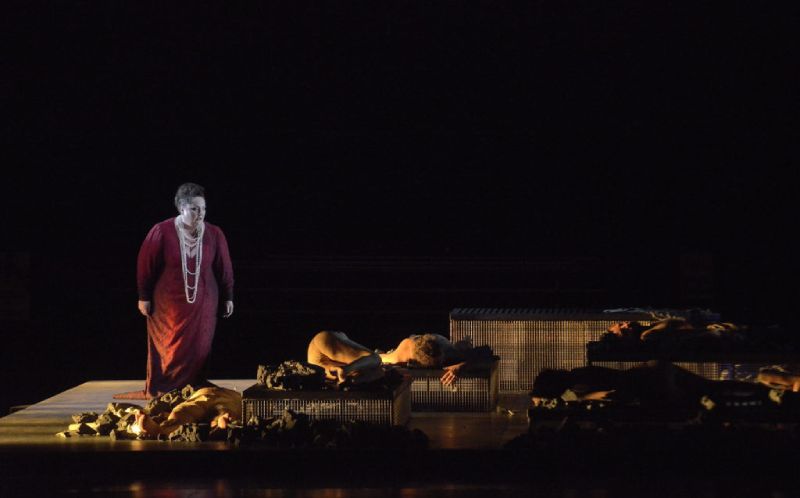
Heidi Melton in Erwartung © Michele Crosera.
The stage, designed by Angelo Linzalata and directed by Daniele Abbado, was sober and devoid of concrete references, symbolically representing a factory. A large element suspended in the air, resembling a sail, collected material that finally fell to the ground onto a group of people symbolizing the workers. The projected images of the photographer Lisetta Carmi, taken at the time in the Cornigliano plant, offered an almost sacred frame, in a secular representation. The diffusion of sound in the space evoked echoes of the musical space of the Gabrieli brothers in St. Mark’s Basilica in the 16th and 17th centuries, an influence much studied by Nono. Sarah Maria Sun, a soprano who replaced the planned singer Valentina Corò at the last minute, showed remarkable skill, interacting magnificently and movingly with the recorded sounds.
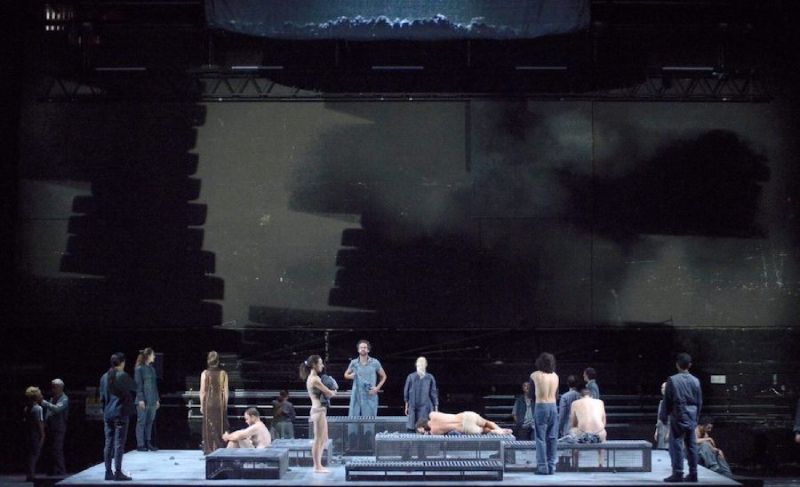
La fabbrica illuminata © Michele Crosera.
The second part of the evening, however, was less impressive. In Schönberg’s Erwartung, composed in 1909 but premiered in 1924, Abbado eschewed a realistic staging, as the composer would have wished, opting for even less mimetic direction than in Nono’s work. This expressionistic monodrama presents waiting as a desperate loneliness and a tragedy of the soul. The protagonist, a woman, in a delirious monologue, desperately searches for the man she loves. Marie Pappenheim‘s libretto explores a series of female behaviors modeled on Freud‘s contemporary psychoanalytic research, with memories and emotions, visions and omens that follow each other without formal repetition, as the music aims to capture each abrupt traumatic and expressive shift. Schönberg omits the detailed description of the murder, as he is not interested in narrating the crime, but in the continuous intersection between reality and imagination, past and present.
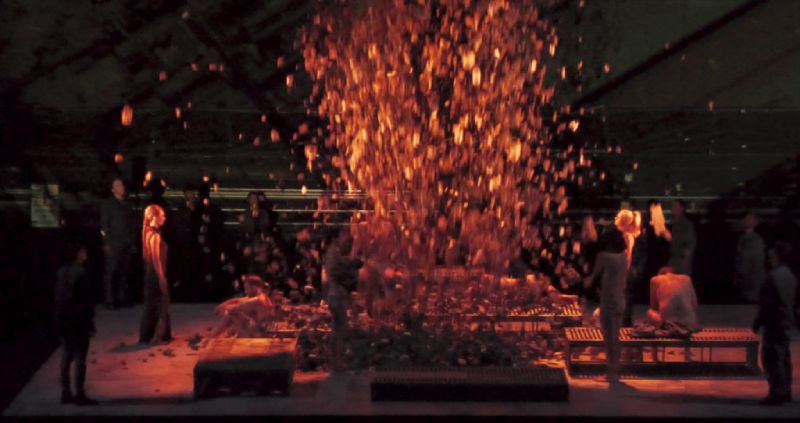
Sarah Maria Sun in La fabbrica illuminata © Michele Crosera.
It was clear that what the work required was an evocative staging and an intense interpretation by the protagonist, able to change her attitude at every moment following her thoughts thanks to a singer and an orchestra with the flexibility and adaptability to respond to the varied textual and musical stimuli. Unfortunately, this is something that was lacking in the Venetian production. The American soprano Heidi Melton, in the demanding role of the maddened protagonist, despite a well-tuned instrument and a powerful, modulated voice, was only partially convincing, as was Jérémie Rhorer‘s conducting, which, though correct, lacked the necessary theatrical charge and timbral subtleties despite a good performance by the orchestra. At the end of the evening, the Venetian theatre‘s daring approach was a notable success, with the hall almost completely sold out.

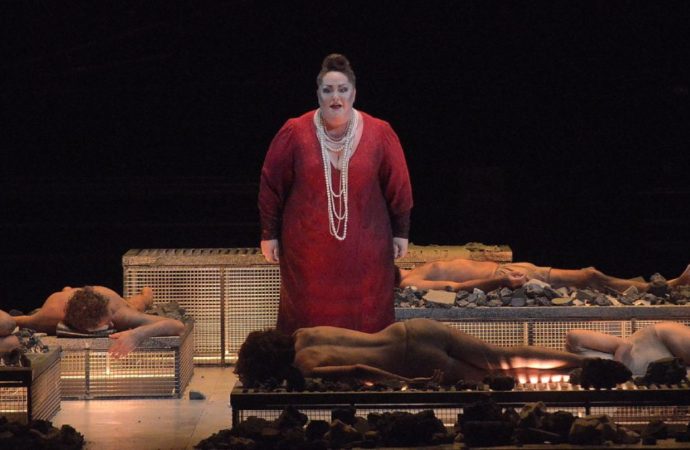

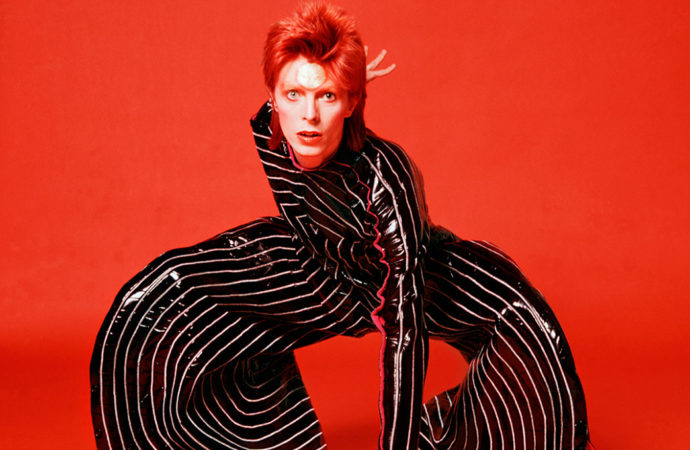

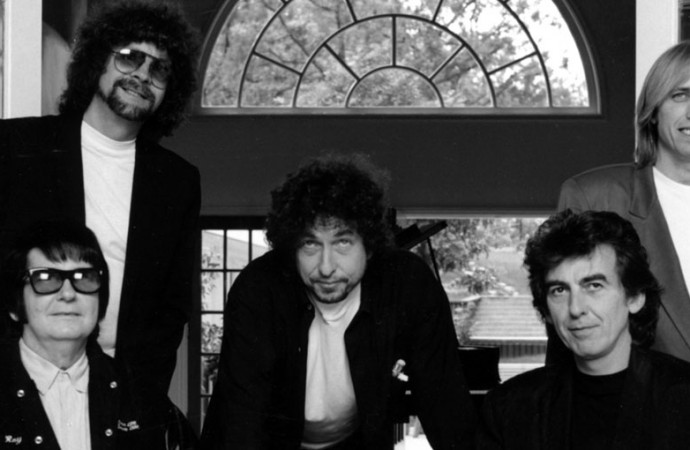
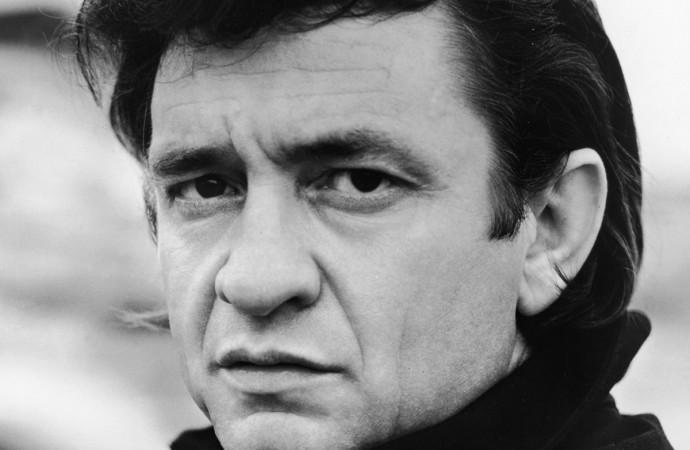
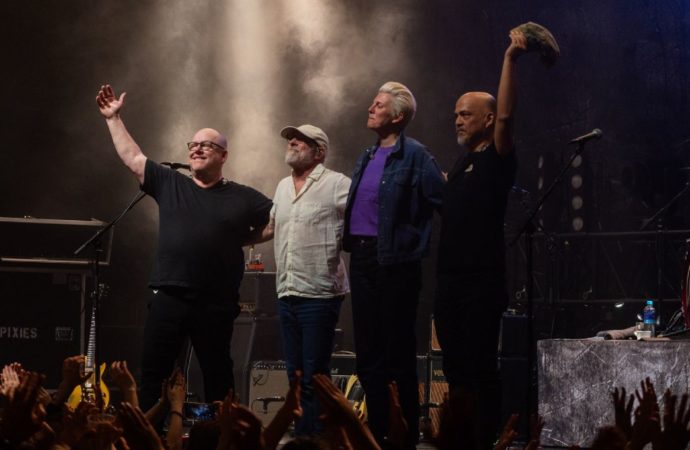
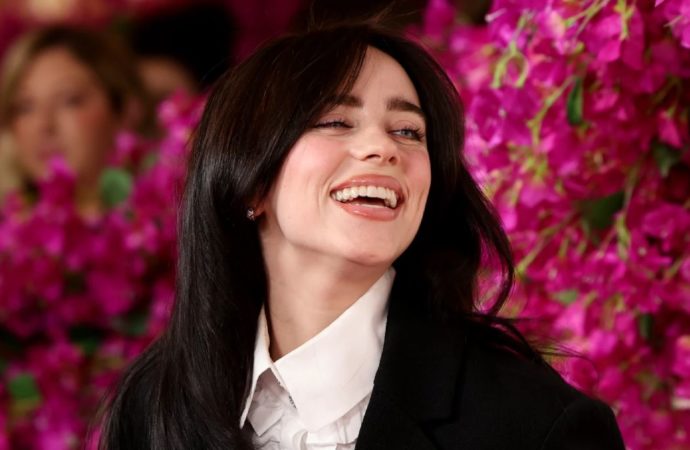
No one has posted any comments yet. Be the first person!